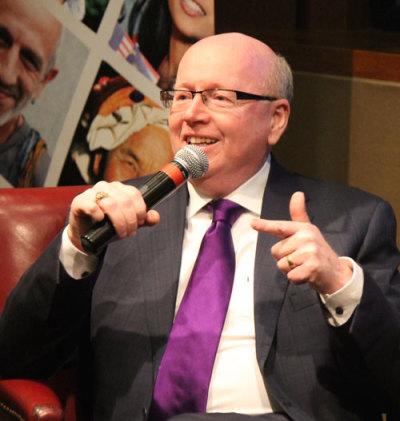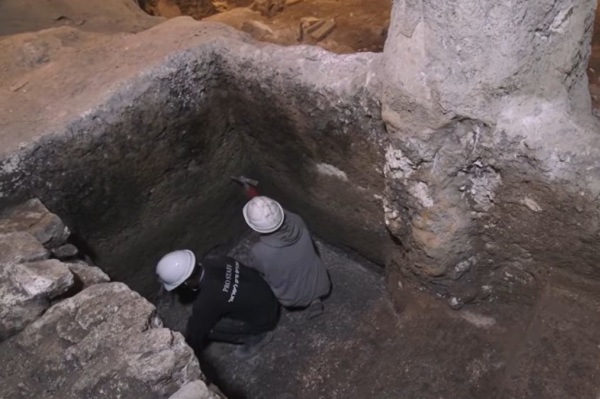What You Can Do About the Kenya Massacre: Choose to Love
Once again the senseless massacre of almost 150 students in Kenya has demonstrated the fallenness and depravity of humanity. It is impossible to comprehend the depth of brutality that human beings can perpetrate against others, particularly children and young people. Lives filled with so much hope and potential were snuffed out by the barbarity of those who seemingly will stop at nothing to promote their twisted ideology and beliefs.
What should be responses to such acts of cruelty? We have already seen swift military action by the Kenyan government in retaliation for the atrocities committed. Yet what should your response be, and the response of every individual Christian before God? The natural inclination is anger, to lash back, to punish the perpetrators. Yes, justice demands we respond and hold accountable the killers. But is that all we can do and will it bring an end to these senseless attacks?

It is a primary responsibility of governments to protect its citizens. However, given the fact the growing threat of terrorists is not contained within a specific geographic border, no individual government can be the sole solution. International cooperation amongst nations must become the norm rather than the exception. This shared action goes beyond cooperative military, intelligence and relief initiatives. In order to diminish the growing impact of these radical movements we must deal with the very ideology that seems to be mobilizing thousands of willing and young terrorists.
I am convinced a part of the strategy to challenge the underlying foundation of the radical jihadists is found in the followers of Jesus. That's where you come in.
Jesus calls His followers to another way. A way that seems contrary to our human instincts. The best way to visualize this new way is to be reminded of those brave Egyptian Coptic women who extended forgiveness to the brutal killers who massacred their husbands, their sons, their fathers. They chose the path of love, not hate. They chose the path of Jesus.
Some say this is naive. They object and say it's no way to respond to the brutality of radical jihadists.
I remember a conversation with a pastor who has a deep hatred for Muslims. I asked him about the words of Jesus, who asked us to love our neighbors. His response, "We tried, and didn't work." Really? Did Jesus really propose something that does not work? I don't think so.
So when we think about the slayings of innocent young students in Kenya what does choosing to love actually mean? It can be expressed in the following ways:
1. Seeking to enter into the pain of those who are suffering from the loss of their loved ones and pray for them;
2. Understanding from Scripture suffering, persecution, and forgiveness. We can engage devotionals* around these themes to acknowledge our own prejudices against and stereotyping of Muslims;
3. Seeking to build friendships with "the other". The others in this case are Muslims. One of the goals of the radical jihadists is to create a narrative that Christians hate all Muslims and Christians are the enemy. In the midst of feeling helpless we can deny the radicals victory by loving our Muslim neighbors. Multiply these loving friendships by the millions and you begin to change the narrative:
4. Seeking to educate ourselves about the current global struggle with radical jihadists separating myths and reality; and
5. Supporting the humanitarian efforts for those organizations who not only assist the victims of persecution but also the disenchanted youth who are the most vulnerable for radicalization.
At the end of the day, what we should not do is be complacent or overwhelmed into paralysis. Recognizing that Jesus offered another way, not a short-term solution but a radical way, we as Christians move toward changing the world by choosing love.





















